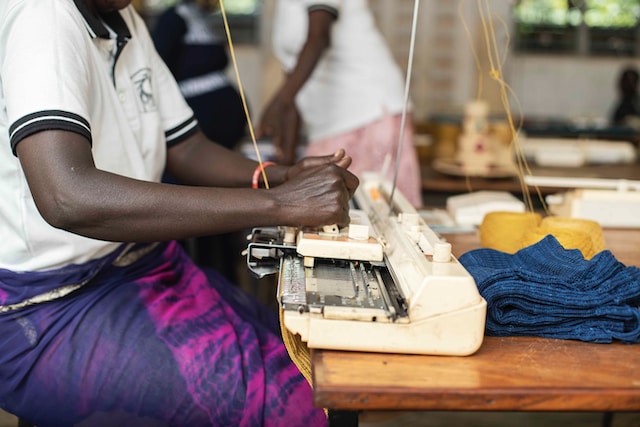A government organization in Ghana called the Ministry of Trade and Industry (MOTI) is in charge of fostering industrialization and trade-based growth and development of the country’s economy. The role of developing policies, initiatives, and regulations that foster the expansion and development of businesses falls on the ministry. In this article, you will find the duties performed by Ghana’s Ministry of Trade and Industry and how they help the nation’s economy grow.

These other articles might interest you:
History
Once Ghana earned independence from British colonial authority in 1957, the Ministry of Trade and Industry was founded. The board has undergone many adjustments over time to adapt to the shifting economic environment and address new difficulties. The board’s duties include encouraging foreign investment in Ghana’s economy, export growth, and industrialization.
Functions
The industry is entrusted with the following functions:
Formulating policies and strategies to promote industrial development
This board is heavily involved in developing the policies and plans that support industrial growth. To pinpoint areas where Ghana may use its natural resources and comparative advantage to promote its industries, the ministry collaborates closely with other governmental organizations and stakeholders. The ministry also encourages private sector investment in the sector and supports efforts that promote local content in manufacturing.
Promoting foreign trade and investment
By creating a favorable business climate, this board encourages international business and investment. The board promotes partnerships between domestic and international companies and supports measures to draw foreign direct investment (FDI) into Ghana. The board also works with other governmental organizations to simplify procedures and rules that have an impact on foreign investment and commerce in Ghana.
Promoting the expansion of small and medium-sized businesses (SMEs)
Around 70% of all jobs in Ghana are held by SMEs, which are important to the country’s economy. The Ministry of Commerce and Industry fosters the expansion of SMEs by offering help in the form of funding, mentoring, and training. They also work with other organizations to foster an atmosphere that allows SMEs to flourish.
Promoting export development
The growth of Ghana’s export industry is essential for the country’s foreign exchange profits and decrease in import dependency. The Ministry of Commerce and Industry supports initiatives that encourage the creation of export-oriented goods and services to promote export development. With trade trips, exhibits, and other marketing initiatives, the board additionally aids exporters.
Monitoring and evaluating trade policies and regulations
To make sure that they are in line with Ghana’s objectives for economic development, the board reviews and oversees trade laws and regulations. To identify areas where rules need to be updated or altered to assist economic growth and development, the board collaborates closely with other governmental authorities. Also, the board carries out research to support policy choices and make sure that rules and regulations are supported by facts.
Collaborating with regional and international organizations
To foster Ghana’s economic development and progress, the ministry works in partnership with national and international organizations. The board collaborates closely with the African Union (AU) and the Economic Community of West African States (ECOWAS) to advance regional trade and investment. To encourage international commerce and investment, the board also works with other international bodies like the World Trade Organization (WTO).
Conclusion
In conclusion, the agency is essential in fostering commerce and industrialization as a means of advancing economic growth and development. The agency develops policies and initiatives that foster overseas trade and investment, support SMEs, and advance export development to foster corporate growth and development. Additionally, the agency engages with national and international organizations, assesses trade laws and policies, and carries out research to assist in the formulation of public policy.






